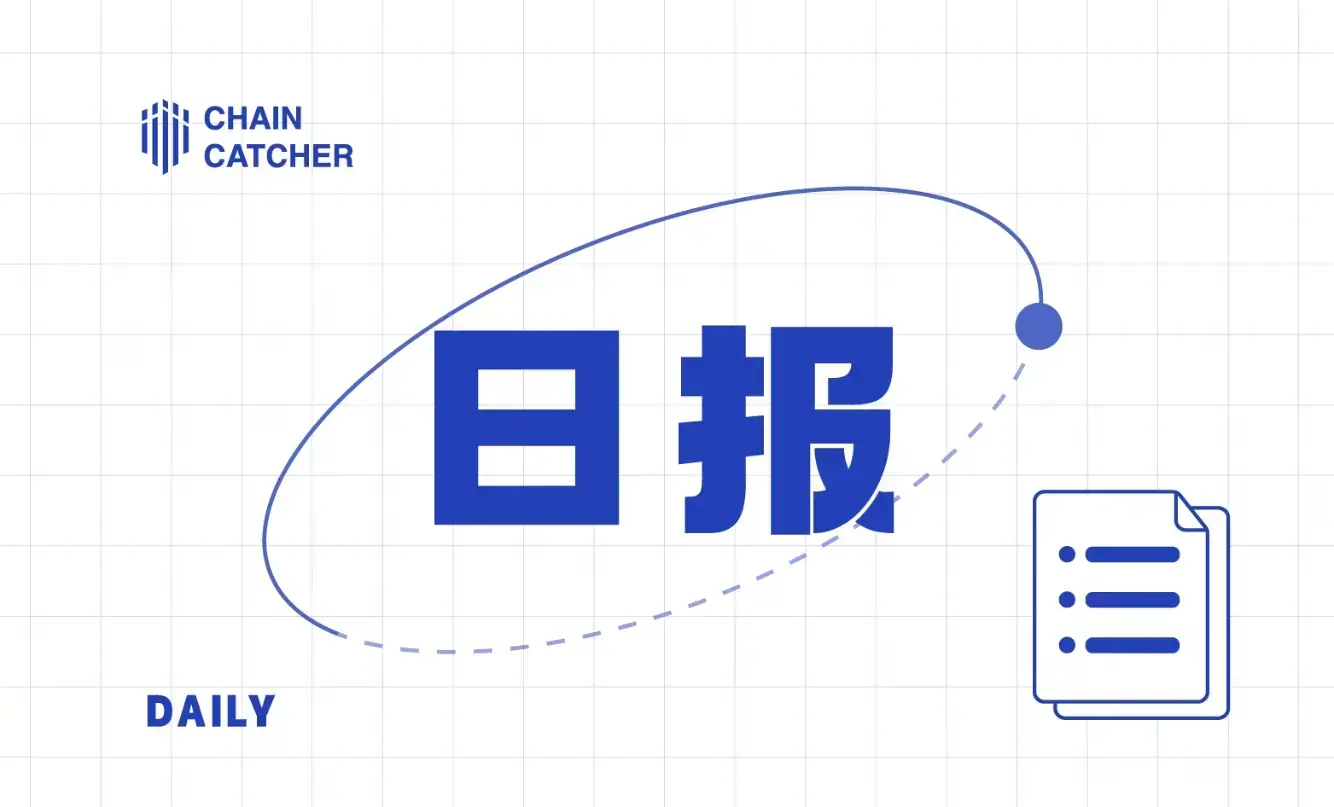The first debate between ZKR and OR in 2023: Is EVM equivalence a lower bound rather than an upper bound?
Author: Nianqing, ChainCatcher
Since the second half of last year, zk-Rollup scaling projects have begun to focus their efforts, continuously catching up on progress, and related solutions and projects have started to emerge, gaining more funding and attention. While everyone praises zk for its bright future, its competitor, Optimistic Rollup, has become a bit restless. Thus, ZKR (zk-Rollup) and OR (Optimistic Rollup) have welcomed their first public confrontation of 2023.
A few days ago, Steven Goldfeder, co-founder of the Arbitrum development team Offchain Labs, once again tweeted cold water on ZK Rollup and zkEVM.
Steven Goldfeder stated that he does not agree with the common assertion that "ZK Rollup can better replace Optimistic Rollup." Currently, zkEVM has not yet been implemented in a production environment, and at this stage, zk-Rollup is more expensive and has worse compatibility than op-Rollup.
Additionally, Goldfeder mentioned that "EVM equivalence is the lower bound, not the upper bound." Under this viewpoint, Arbitrum, as the first Rollup to fully achieve EVM equivalence in a production environment, has a long-term advantage. Based on this step, Arbitrum has begun developing a higher-level EVM+, aiming to open up to a broader range of developers and users (for example, supporting Rust or Move). The Nitro design based on WASM has significant structural advantages in EVM+ innovation, while the zk team finds it "almost impossible" to achieve EVM+ in the short term.
Finally, Goldfeder boldly predicted: "Before any fully functional zkEVM comes out, Arbitrum will already support Solidity and Rust contracts!"

Steven Goldfeder's somewhat arrogant and indiscriminate remarks targeting zk-Rollup projects sparked a "wonderful debate (or battle)."
Brendan, an engineer from the former zero-knowledge proof development company Mir, responded point by point to Goldfeder's views: Goldfeder does not fully understand the architecture of Polygon zkEVM. First, in terms of timing, Polygon has already launched a production-ready zkEVM testnet and generated over 80,000 block proofs, with the mainnet expected to go live in about three months. In terms of cost, the proof cost of Polygon zkEVM is not that high. For example, a Uniswap transaction costs $0.0019, and this cost is expected to decrease to 1/100 of the current price in the future. Moreover, offloading expensive computations to ZKP is superior to forcing every full node to re-execute the model.
Furthermore, Brendan believes that a bigger issue should be whether compatibility with EVM can be ensured after introducing new opcodes. He also made a "targeted" prediction: before permissionless fraud proofs are available for EVM-compatible Optimistic Rollups, there will definitely be a fully functional zkEVM in production.
Ye Zhang, co-founder of Scroll, refuted Goldfeder, stating that Goldfeder underestimates zkEVM and should take a closer look at Scroll's blog from eight months ago, as Scroll's zkEVM is built in a very modular way. Moreover, adding features too aggressively increases security risks, and from the perspective of real demand, there is no necessity to add new features.
Additionally, he raised several further questions for discussion: How many people really care about writing Rust contracts alongside Solidity? How much additional tool support is needed? Does it support composability? What are the security assumptions?
Alex G., co-founder of zkSync, partially affirmed Goldfeder's viewpoint, agreeing that EVM+ > EVM, and that the interoperability of Rust/Move code is much stronger than that of pure Solidity. However, this development is not something only Optimistic Rollup can achieve; zkSync is currently compiling Solidity through LLVM and is also adding Rust and Move. By comparison, zk-Rollup wins quite easily.
Starkware did not participate in this debate due to the unique nature of CairoVM.

In fact, with the rise of zk-Rollup, the confrontations and debates between ZKR and OR have been ongoing.
Last July, when Polygon happily announced the open-sourcing of zkEVM code, Goldfeder poured cold water on it by stating that "zkEVM is still far from normal operation." However, the centralization issues and the lack of open-sourcing on the prover that Goldfeder pointed out are indeed facts.
The situation became even more lively during last year's Devcon in Bogotá.
With the launch of zkSync 2.0, zkSync began to vigorously promote itself as "the world's first fully functional open-source zkEVM network," while Polygon zkEVM claimed to be "the first and only decentralized zkEVM testnet" when it was officially launched during Devcon.
However, while these two were arguing over who had the first zkEVM, they also faced considerable skepticism, including from Steven Goldfeder, who believed that zkSync's zkEVM testnet did not enable zk-proofs and had not undergone a security audit. Polygon was also questioned for its zkEVM prover's source code being available on GitHub but lacking an open-source license; although it claimed "full equivalence," its GitHub repository showed only 97% compatibility coverage at that time. In response, the Polygon team stated, "There is no deliberate concealment; some content is being documented better."
Steven Goldfeder made a rather reasonable remark: "Although many teams are steadily advancing zkEVM, it is far from the 'golden age.' Any team promoting this narrative is harming the community."
The debate between ZKR and OPR can be traced back to the end of 2021. Offchain Labs published an article titled "Why Optimistic Rollup Represents the Future of Ethereum Scaling Better than ZK Rollup," comparing the two scaling technologies. Since then, Offchain Labs has emphasized the advantages of Optimistic Rollup systems in scalability and cost, fully compatible with EVM and existing tools.
Subsequently, Polygon's zero-knowledge proof engineer Brendan Farmer (the same one mentioned earlier) published "Polygon ++Refutes++ Offchain Labs: ZK Rollup is the Future of Ethereum Scaling" in response, stating that zk can provide equivalent security and higher capital efficiency compared to Optimistic Rollup. Moreover, OR is limited by L1, as fraud proofs must be executable on Ethereum, while ZK does not have this limitation.
You will find that the discussions between these two factions have not fundamentally changed this year. However, these discussions are meaningful, and it would be great to extend the topics further.
Although Optimistic Rollup holds a first-mover advantage and still monopolizes over 80% of the market share, opinion leaders, including Vitalik, generally have a more optimistic long-term view of ZKR. Since the second half of last year, capital and developers have poured into the zk field, with related projects continuously emerging and the development progress of zk-Rollup gradually accelerating. The OR faction indeed has arrogant capital at present, but facing the gradual strengthening of competitors, the reigning Arbitrum may feel a bit restless, so it is reasonable for them to frequently diss zk-Rollup, which also serves as a good motivation.
Overall, the L2 sector, as a sunrise industry, has been somewhat less affected by the bear market compared to other fields. At the beginning of 2023, this confrontation appears lively and thriving. However, rather than competing for public opinion, we look forward to a real showdown between OR and ZKR on the ground.










